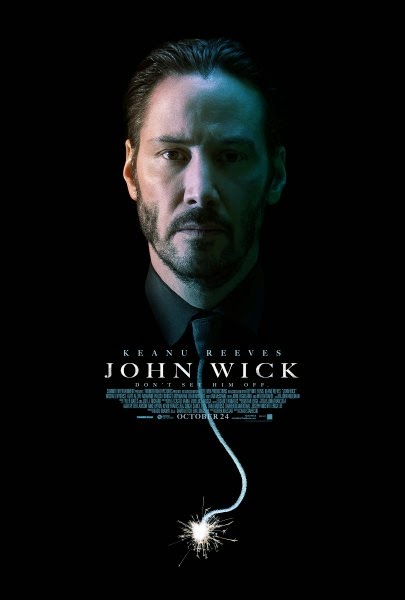How will you provide variety without a headline feature like Black Flag’s seafaring?
The idea with Unity is to overhaul the core of the game, rather than to introduce new satellite features. The bet we made is to provide a densely packed city filled with activities that aren’t side missions, but are instead intimately woven into the core loop. This, I believe, leads to a richer and more rewarding game. Then there’s the variety in the narrative. Not everything is a kill mission. We have one mission about Napoléon’s first date with Joséphine [De Beauharnais]. Combine
that with the layer of chaos in terms of dynamic, unscripted events in the game and there’s a huge range.
The act of climbing to the highest point in an area in order to reveal the missions in the vicinity now features in all Ubisoft’s open-world games. Is it overdone?
The viewpoint in Unity is still useful because it allows us to pull back the camera to show off the city and make it more rewarding. We’ve tweaked the system, [because] we’re now not revealing everything on the map, too: it’s a tool for comfort, but a lot of stuff must be discovered through exploration. In terms of what might be the next ‘reach high point’ mechanic, I believe that the way in which we structure the game and how missions are accessed is a game changer. It could become essential.
Why have you decided to make the Café Theatre so central to the metagame?
The Café Theatre played a hugely important role in the Revolution. People used to go to these bars to drink and classes would mix. As a result, there would be an exchange of ideas that brought about the scientific and literary revolution in France. Our version of Black Flag’s collectible sea shanties are political speeches, political plays and so on. The idea is to draw people into your cafés in order to generate more money. You can open up new satellites across town, a Revolution-era form of franchising. We wanted to remove the lines between minigames. They open up story missions and it changes the nature of the [ctiy’s] ecosystem. Our crowd is systemic, you see. So if you alter the formula of a district, then the way that the crowd spawns archetypes is different: you might have more allies and fewer factions. In this way you can affect the sociopolitical makeup of the city.
The idea with Unity is to overhaul the core of the game, rather than to introduce new satellite features. The bet we made is to provide a densely packed city filled with activities that aren’t side missions, but are instead intimately woven into the core loop. This, I believe, leads to a richer and more rewarding game. Then there’s the variety in the narrative. Not everything is a kill mission. We have one mission about Napoléon’s first date with Joséphine [De Beauharnais]. Combine
that with the layer of chaos in terms of dynamic, unscripted events in the game and there’s a huge range.
The act of climbing to the highest point in an area in order to reveal the missions in the vicinity now features in all Ubisoft’s open-world games. Is it overdone?
The viewpoint in Unity is still useful because it allows us to pull back the camera to show off the city and make it more rewarding. We’ve tweaked the system, [because] we’re now not revealing everything on the map, too: it’s a tool for comfort, but a lot of stuff must be discovered through exploration. In terms of what might be the next ‘reach high point’ mechanic, I believe that the way in which we structure the game and how missions are accessed is a game changer. It could become essential.
Why have you decided to make the Café Theatre so central to the metagame?
The Café Theatre played a hugely important role in the Revolution. People used to go to these bars to drink and classes would mix. As a result, there would be an exchange of ideas that brought about the scientific and literary revolution in France. Our version of Black Flag’s collectible sea shanties are political speeches, political plays and so on. The idea is to draw people into your cafés in order to generate more money. You can open up new satellites across town, a Revolution-era form of franchising. We wanted to remove the lines between minigames. They open up story missions and it changes the nature of the [ctiy’s] ecosystem. Our crowd is systemic, you see. So if you alter the formula of a district, then the way that the crowd spawns archetypes is different: you might have more allies and fewer factions. In this way you can affect the sociopolitical makeup of the city.




0 Comments